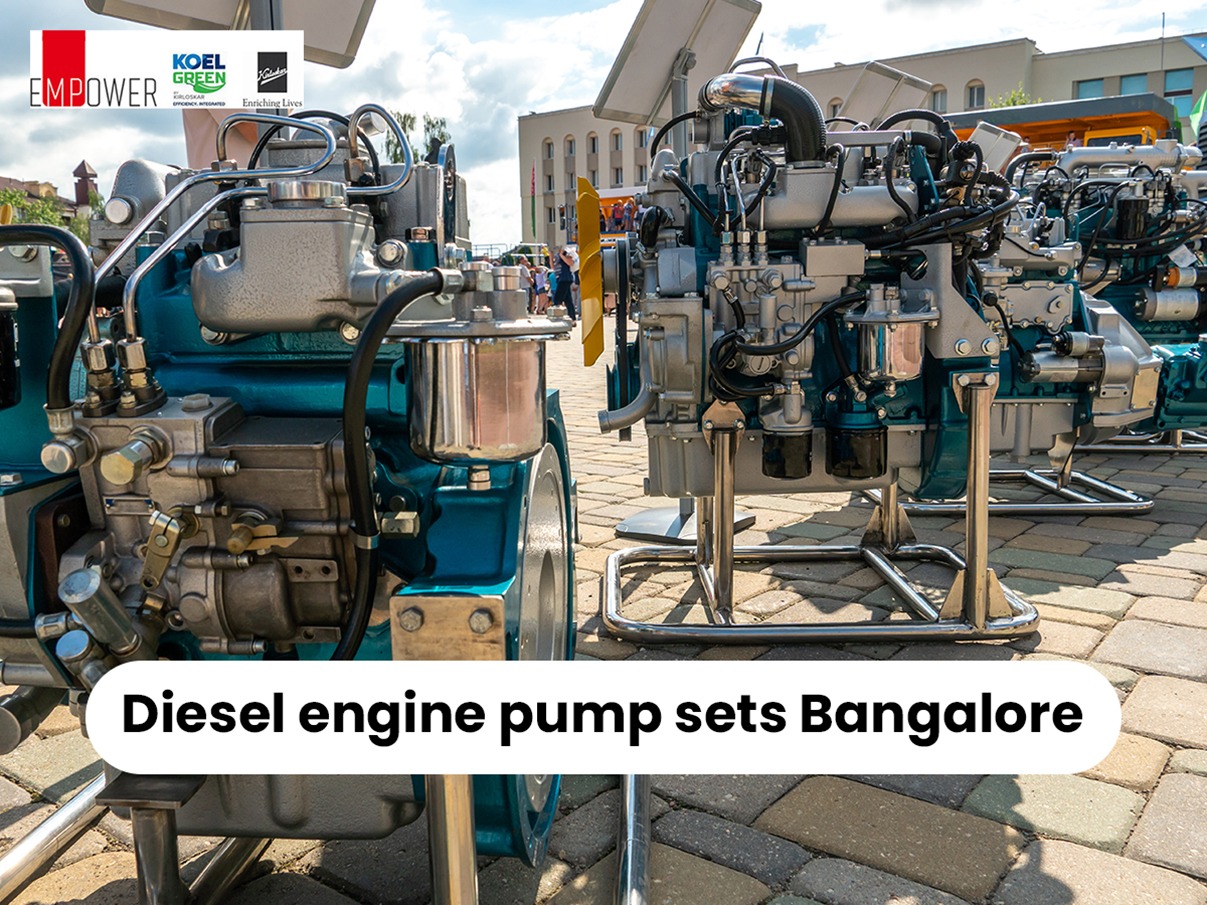Whether you’re living in an area with frequent power cuts or running a business that can’t afford to go dark, a diesel generator is one of the most dependable backup power options out there. They’re known for being fuel-efficient, long-lasting, and reliable—making them a smart choice for both home and industrial use.
But before you jump into buying one, there are a few important things to think about to make sure you get the right diesel generator for your needs.
1. Know How Much Power You Need
Start by figuring out exactly how much power you’ll need when the electricity goes out. Think about the appliances or equipment you’ll want to run—like lights, fans, refrigerators, air conditioners, or even heavy-duty machines for your business.
Once you’ve added up the power requirement (in watts or kilowatts) for everything, make sure to choose a generator that can handle that amount—plus a little extra for safety. This “buffer” helps manage sudden power spikes when machines start running.
2. Generator Size and Portability
Generators come in different sizes:
- Portable Diesel Generators are great for temporary use—like camping, small events, or construction sites. They’re easy to carry and move around.
- Standby Diesel Generators are bigger and fixed in one place. These are perfect for homes or businesses that need power 24/7 during outages. They’re often connected to your building’s main power supply and kick in automatically when the power goes out.
Think about how much space you have and whether you’ll need to move the generator often. Some models are heavy and take up a lot of room.
3. Fuel Efficiency and Running Time
One of the best things about diesel generators is how fuel-efficient they are. Diesel burns slower than petrol, so you’ll get more hours of power from the same amount of fuel.
When comparing models, check:
- How long it can run on a full tank
- How much fuel it uses per hour
This matters a lot in long power cuts or in off-grid areas where fuel is hard to find.
4. Maintenance Needs
Like any machine, diesel generators need regular maintenance to keep them running well. While they usually need less attention than petrol generators, you’ll still have to:
- Change the oil regularly
- Clean or replace air and fuel filters
- Check the coolant levels
Make sure the generator you choose has easy access to spare parts and service centers nearby, especially if you’re not a hands-on DIY type.
Also, keep an eye on your diesel fuel. Over time, diesel can go bad, so it’s important to store it properly and use fresh fuel when running the generator.
5. Noise Levels
Diesel generators, especially bigger ones, can be quite noisy. If you plan to use it at home or in a quiet neighborhood, this is something you should seriously consider.
Look for generators with:
- Lower decibel (dB) ratings – around 50–70 dB is decent for residential areas.
- Soundproof enclosures to reduce the noise.
For industrial or remote use, noise might not be a deal-breaker—but it’s still worth checking.
6. Build Quality and Safety Features
A good diesel generator should be:
- Strong and durable
- Made from materials that won’t rust easily
- Fitted with smart features like:
- Automatic shutdown for low oil or overheating
- Overload protection
- AVR (Automatic Voltage Regulator) to protect your appliances from power surges
Also, make sure it’s safe to install—especially if you’re putting it outdoors. Keep it away from anything flammable and make sure it’s well-ventilated to avoid carbon monoxide build-up.
7. Cost and Budget
Diesel generators are usually more expensive upfront compared to petrol models, but they often pay off in the long run thanks to better fuel efficiency and longer lifespan.
When budgeting, consider:
- Purchase price
- Fuel cost
- Maintenance cost
If your budget is tight, go for a smaller, portable model for basic needs. But if you’re powering a business or larger home, it may be worth investing in a bigger standby unit.
8. Warranty & After-Sales Service
A good warranty gives you peace of mind, especially if something goes wrong. Look for brands that:
- Offer at least a 1-2 year warranty
- Have good customer support and local service centers
Don’t hesitate to ask the seller about service availability before you buy.
Final Thoughts
A diesel generator is more than just a backup—it’s an investment in peace of mind. With the right unit, you won’t have to worry when the lights go out or when you’re working in off-grid locations.
To sum it up:
- Know your power needs
- Pick the right size and type
- Think about running costs and maintenance
- Choose a reliable brand with strong support
Do your homework, and you’ll end up with a generator that keeps your life or business running smoothly no matter what the power situation is.

